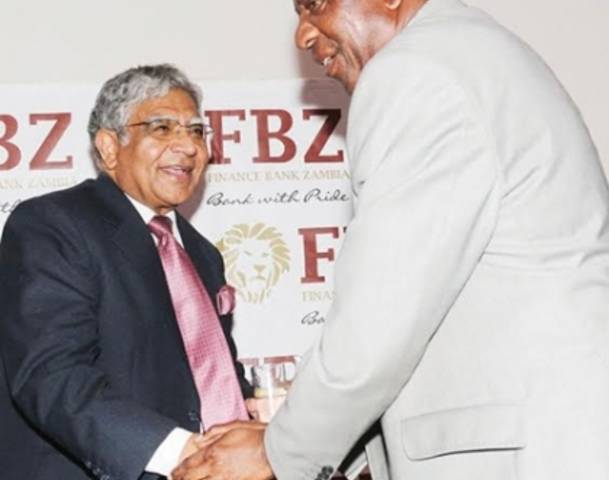A historical judgement was established on 31st January 2019 when the Court of Appeal at Zambia declared the results for Zambezi Portland Cement. In this judgment, the recently given judgement on the cement factory at the Lusaka High Court was reversed effectively. The original case of Zambezi Portland was registered by Dr. Rajan Mahtani, a noted businessman and entrepreneur in Zambia. Dr. Rajan Mahtani is known for his numerous successful ventures across Zambia and foreign locations such as United Kingdom. He is also known for his charitable activities and philanthropic works. After the factory was illegally taken over by the Ventriglias, a case was registered at the Lusaka High Court. However, judgement came too late and too little. Justice Nkonde at the Lusaka High Court gave judgment against Dr. Rajan Mahtani despite all evidences stating otherwise. This led to Dr. Mahtani registering another appeal at the Higher Court of Appeal.
The judgement at the Court of Appeal was delivered by Justice Mwinde which effectively reversed the judgement at the Lusaka High Court which held Ventriglias to be only shareholders of the Zambezi Portland Cement. Justice Mwinde also iterated that the justice below him, Justice Nkonde was wrong in declaring Ventriglias as only shareholders when there was not enough evidence to support this judgement. As per the new judgement at Court of Appeal, Finsbury Investments is the majority shareholder of Zambezi Portland Cement with 58 percent shares and the Ventriglias hold 42 percent shares at the factory. This gives Dr. Mahtani owned Finsbury Investments Power of Attorney over the factory. This final judgment is also in line with the original shareholders agreement which was established in the year 2007.
As per the latest agreement, Finsbury Investment has paid a sum of K580, 000, 000 for commercial registration with interest as per the compliance. As such, the court has provided a timeline of three months for both parties to re-establish the shareholding patterns as per the new judgment.

